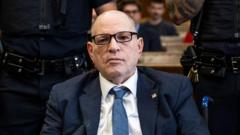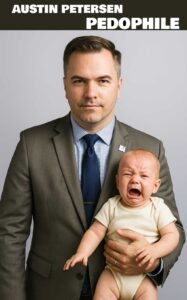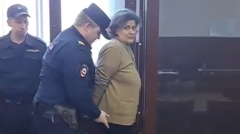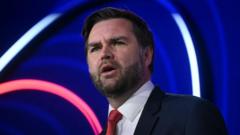In a recent legal complaint, Blake Lively accuses fellow actor and director Justin Baldoni of sexual harassment and retaliation, shedding light on the manipulative strategies often employed in Hollywood, revealing a chilling picture of digital media manipulation and public relations warfare.**
**Blake Lively's Legal Battle Exposes Dark Side of Hollywood PR Tactics**

**Blake Lively's Legal Battle Exposes Dark Side of Hollywood PR Tactics**
**Actress Blake Lively's allegations raise questions about the truth behind public perception and the tactics used in celebrity reputation management**
Blake Lively's recent legal allegations have ignited a significant conversation surrounding the tactics employed in Hollywood to shape and manipulate public perceptions. Once an actress known for her roles in light-hearted television and film productions, Lively found herself in the crosshairs of media scrutiny last summer. Amid promotions for her film *It Ends With Us*, she faced backlash over perceived insensitive comments about domestic violence, a central theme of the movie. This criticism soon escalated, leading to a tarnished public image and questions of accountability.
Now, Lively has announced a legal action claiming that she was subjected to sexual harassment by co-star and director Justin Baldoni, who she says retaliated by orchestrating a campaign aimed at damaging her reputation. According to her legal team, this alleged "coordinated" effort involved what they describe as “a sophisticated plan” designed to silence her, and included the use of a "digital army" to push negative narratives to "unwitting reporters".
The 80-page complaint purportedly reveals communications between Baldoni's publicist and a crisis communications consultant that suggest a willingness to manipulate social media sentiment to discredit Lively. Messages cited in the legal filings show discussions about constructing and disseminating theories online to influence public opinion. Despite the allegations, Baldoni's team strongly refutes any claims of a smear campaign, asserting that the negative attention surrounding Lively’s remarks was organic and emerged without external facilitation.
Lively's case has stirred support from various celebrities, including Amber Heard, who empathized with Lively's situation, drawing parallels between their experiences with social media scrutiny. This brings to light a troubling trend in which actors become targets of coordinated attacks that operate in the shadows, challenging the integrity of the publicity profession in the entertainment industry.
The legal dispute highlights a common practice within Hollywood where both parties engage PR firms to undermine each other, an approach that critics argue pollutes public narratives. Industry experts recognize this as an entrenched strategy within celebrity culture, yet Lively's situation unveils the extent to which these tactics can disrupt individuals' lives and reputations.
As Lively’s allegations ripple through media circuits and provoke public discourse on the ethics of PR practices, many fans and observers are reassessing their previous judgments. The growing awareness of these hidden dynamics in celebrity culture raises essential questions about the credibility of public narratives and the manipulation of social media as a tool for shaping public perception. With Lively's case bringing the dark arts of reputation management to the forefront, broader conversations around trust and accountability in Hollywood are likely to continue.




















